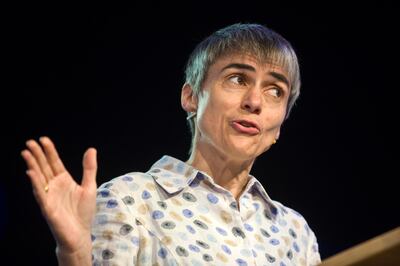At least seven academics have reportedly now resigned from a funding body in a row over free speech regarding the Israel-Gaza war.
It began last week after Michelle Donelan, British Secretary of State for Science, Innovation and Technology, accused two members of the UK Research and Innovation (UKRI) committee of holding “extreme views” after they had posted about the conflict on social media.
The two accused were Prof Kate Sang, an academic at Heriot-Watt University in Edinburgh, and Dr Kamna Patel, associate professor at University College London (UCL).
Ms Donelan gave the body one day to respond with an “update” on its plans, which she said she hoped “will include discontinuing this group”.
The UKRI responded by suspending the advisory group.
On Wednesday, the University and College Union (UCU) intervened, giving UKRI 48 hours to reverse its decision and threatening to call on its own members to resign from voluntary positions within the organisation.
But seven members have now resigned, according to reports.

They include Prof Tanja Bueltmann, chairwoman of international history at the University of Strathclyde in Glasgow, who was a member of UKRI’s talent peer review college.
Speaking on BBC's Newsnight on Wednesday, she said: “I'm very concerned about the individual singling out of academics by a secretary of state. If there were concerns, we have processes that can be followed. And I think they should have been followed.
“The second point is that this was then conflated essentially with questions around equality, diversity and inclusion. And I think this is concerning, particularly because there are wider issues around this."
In a statement to The National, a spokesman for UKRI said: "We understand why some in our community feel the need to resign from UKRI advisory roles.
"We are grateful for their service and hope that relationships can be healed in the future.
"The approach we are taking is difficult for some to accept. We are adopting a well-governed process to support evidenced, principled decisions.
"The aim is to bring clear resolution in a way that best supports the people involved and research and innovation in the UK."
More than 2,500 academics have reportedly signed an open letter calling for the reinstatement of the board, the i newspaper reported.


